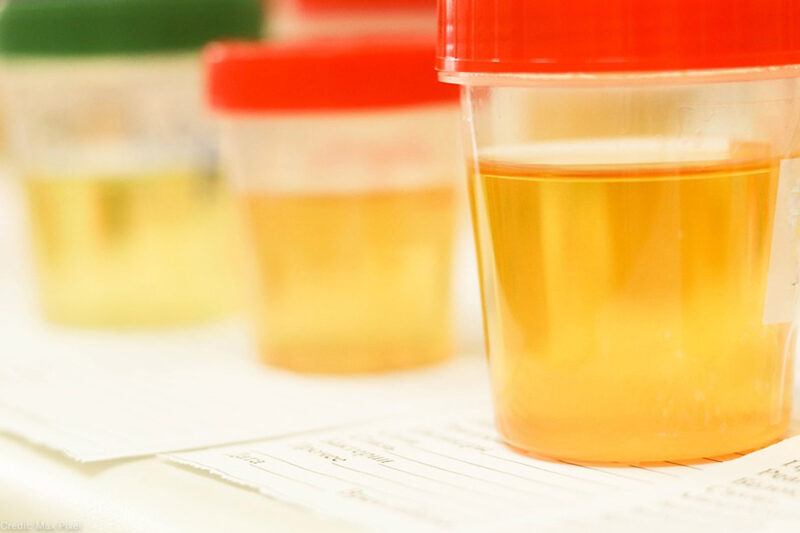Trump’s Labor Department Wants to Drug-Test Applicants for Unemployment Benefits


What if you lost your job? It could happen to anyone, right?
In 2016, 19.9 million people were . What if you needed unemployment benefits to sustain you between jobs? That’s not unreasonable either. There were 1.83 million people unemployment benefits last spring. But what if you had to take and pass a drug test in order to collect those benefits, even if you lost your job for reasons unrelated to drug use? Well, that is exactly what the Trump administration is proposing.
This month, the Department of Labor finished soliciting feedback on a , which the ACLU opposed, that would encourage states to conduct blanket drug testing for those seeking unemployment insurance. Never mind that current law already denies unemployment benefits to people terminated for drug use. And don’t worry that such blanket drug testing is probably unconstitutional.
The Fourth Amendment protects people from unreasonable searches by the government. Courts have said drug testing is a search and subject to Fourth Amendment protections. So unless there are probable cause and individualized suspicion, there should be no search. Exceptions to this rule have been made when the government can show it has a “” and that need outweighs individual privacy rights, but that is not the case here either. Simply put, the government is on very shaky ground if it thinks it can subject the unemployed to blanket drug testing.
Courts have rejected government attempts to mandate suspicionless drug testing for other public assistance programs. The ACLU successfully challenged Florida’s mandatory drug testing for those seeking Temporary Assistance for Needy Families (TANF). The ACLU also successfully argued that a public technical college did not have special needs that justified drug testing all incoming students, even if some of those students pursued studies that posed some safety risk.
And as if being unconstitutional were not enough, broad drug testing programs for unemployment benefits is bad policy. Opening the door for states to drug test for unemployment insurance imposes huge human and financial costs. The proposed acknowledges that state funding for unemployment insurance is at an all-time low and that drug testing is an expensive endeavor that produces negligible results. In 2016, in 13 states that spent collectively to drug test TANF applicants, only tested positive out of around 250,000.
On top of the financial cost, drug testing those seeking unemployment benefits adds an unnecessary and degrading toll to the of being out of work. Blanket drug testing just further demeans people who the government has no reason to suspect of using drugs. This type of futile and unconstitutional intrusion into people’s privacy simply because they are out of work is unacceptable.
If the Department of Labor issues a final rule that encourages states to drug test the unemployed, states should know better. Imposing blanket drug testing for unemployment insurance is a lose-lose scenario for them. If states implement this federal rule, they will end up spending money implementing a costly program that does not help employers or workers while spending more money defending the program when its constitutionality is challenged in court.
When it comes to drug-testing unemployment applicants, states should just say no.
Sign up for the and get our finest content from the week delivered to your inbox every Saturday.


